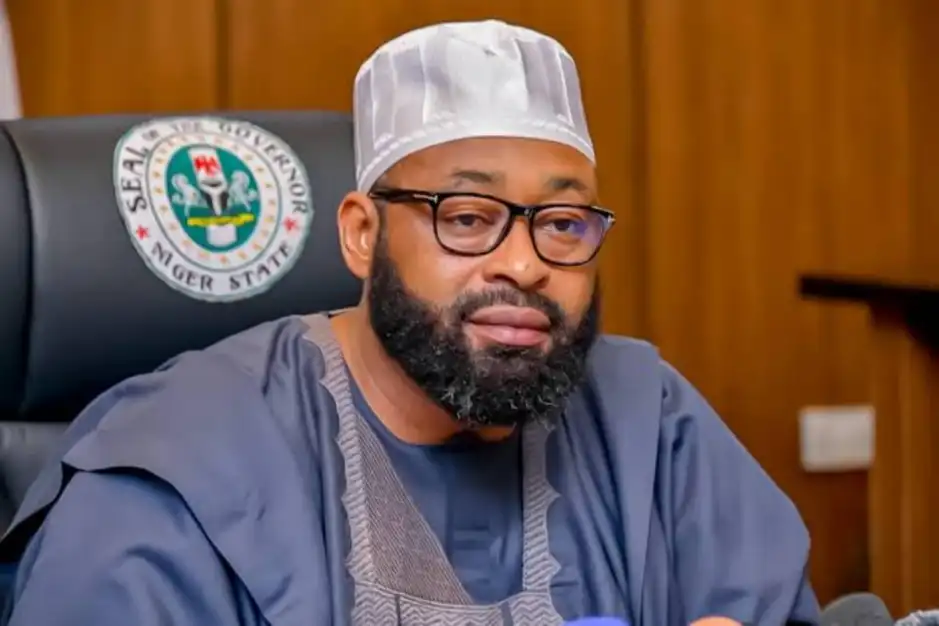Niger State Governor, Mohammed Umaru Bago, has announced a major export deal between the state government and Saudi Arabia valued at $100 million.
The agreement was revealed on Tuesday during the Firstbank Agric and Expo 2025, where the governor described it as a significant step in strengthening non-oil export opportunities in Nigeria.
According to the governor, the deal will begin with a first tranche of $10 million from Saudi authorities to Niger State. He said the agreement will not only support the state’s economy but also position it as an important contributor to the livestock supply chain.
Bago explained, “This is incredible. The Saudi government has given us an offtake agreement for $100 million. They’ve asked the Nigerian Export and Import Bank (NEXIM) to come in, and we’re starting with the first $10 million.”
The livestock export deal is expected to open new doors for economic growth, particularly at a time when global demand for meat and animal by-products is rising. Experts have noted that increasing geopolitical and environmental challenges in the Sahel and Sudan have created higher demand across the Middle East.
Bago pointed out that this presents a $2.5 billion annual opportunity for Nigeria and neighbouring countries. He added, “This is not just about meat. The tripe, blood, skin, hooves, every part of the animal has value. We’re building the entire ecosystem.”
At the event, Firstbank CEO, Olusegun Alebiosu, also highlighted the importance of the development for Nigeria’s economy. He emphasized the need to embrace diversification beyond crude oil, describing agriculture as a sector with high potential for growth.
Alebiosu said, “As a nation, we find ourselves at a pivotal moment in our economic journey, one that demands bold diversification beyond oil and the harnessing of the vast opportunities in our non-oil sectors.”
He further explained that the renaming of the event to FirstBank Agric & Export Expo was a strategic move that reflects the bank’s commitment to boosting Nigeria’s non-oil exports and making agriculture a key driver of economic transformation.

